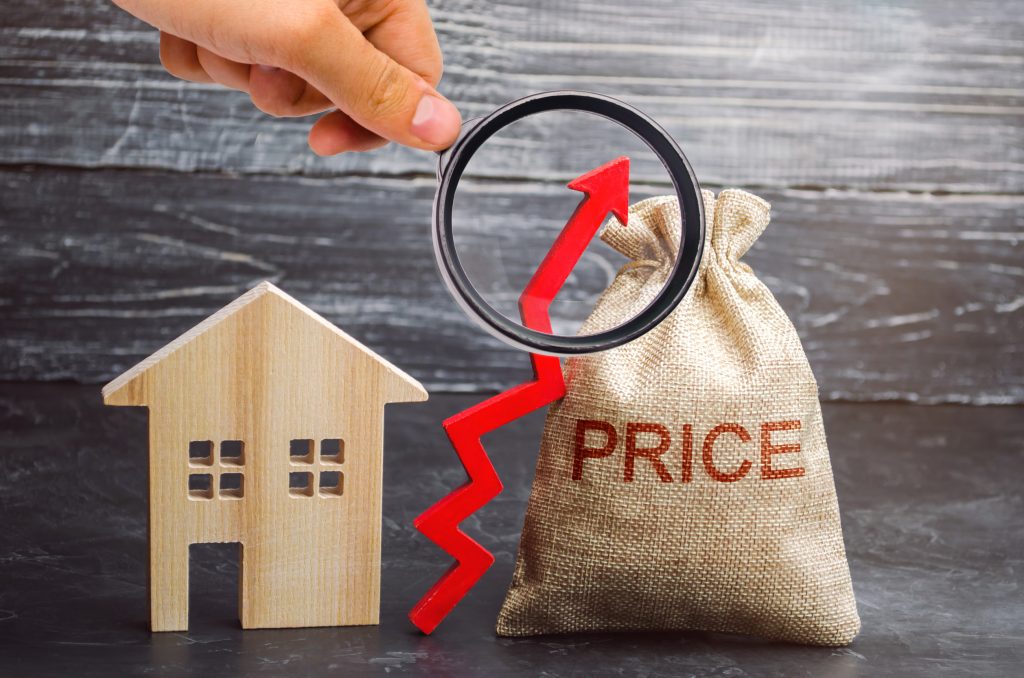Real estate and construction sectors want clarity and practical SST implementation as they brace for more compliance costs
By: Yip Wai Fong
The imposition of Sales and Service Tax (SST) on the construction and real estate sector is very concerning, not only due to the anticipated rising cost of operation and property prices but also the lack of clarity on how the tax is to be computed and levied, developers said at the StarProperty Budget 2026 Roundtable.
The expanded SST, at the rate of 6% of the actual value of the construction services provided including the value of goods or raw materials used, was supposed to be effective on July 1, as announced by the Finance Ministry in June this year.
Among the complications, while residential developments are exempted, most developments are mixed developments or are required to have non-residential components, sharing common infrastructures that make it difficult to mark a clear separation for the purpose of computing SST.
Real Estate and Housing Developers’ Association Malaysia (Rehda) president Datuk Ho Hon Sang said the association is in talks with the government to impose the tax only for the labour component, assuming that the value of construction service comprises the components of labour and material.
“I have raised it to the Prime Minister and the Finance Minister II, that it would be very, very difficult to scrutinise every material used and the workmanship (labour) cost for the purpose of computing the SST. So I suggested, attribute 50% to materials and 50% to workmanship. They agree in principle that only workmanship is taxable,” he shared.
To clarify the issue further, StarProperty contacted Ho after the Roundtable, and was told that Rehda’s proposal stems from concern of double taxation on materials used in construction, which is already taxed prior to SST.
“To mitigate the impact it may have on the construction industry, Rehda proposes for materials and labour/workmanship to be split in Bill of Quantities, whereby the 6% SST be imposed only on labour/services, while materials be exempted,” Ho elaborated.

Rehda proposes that the government levy SST on labour only and exempt material used in construction services, Ho said. —Low Lay Phon/The Star
Ho also told StarProperty that Rehda is working with the Royal Malaysian Customs Department (Customs) for a better picture of how SST should be implemented.
“Customs has come up with a basic guideline to calculate the apportionment of what is taxable and what is not subject to service tax, which does help to an extent. We do have trepidations about how the tax will be calculated or levied, but at this point of time, Rehda is still engaging with Customs to clarify the treatment of several items,” he said.
Impact on residential sector
Ho also pointed out that although residential developments are exempted, it is not possible to say that the sector won’t be impacted at all.
“It is too early to determine what kind of impact we are looking at for the residential sector. But the construction services for residential and commercial sectors intersect a lot and careful apportionment exercise must be taken to ensure that the residential sector is totally exempted as intended. We fear, however, that complete exemption may not be possible, and construction costs for residential developments will increase should contractors increase their prices,” Ho said.
“It is vital to note that the SST expansion also includes rental and leasing, which will affect the residential sector indirectly. Contractors would normally rent/lease some machineries or equipment used in their projects,” Ho added.
Contractor woes
Master Builders Association Malaysia (MBAM) president Oliver HC Wee told StarProperty when contacted that he concurs with Rehda that SST should be imposed on labour only.
“6% is a bit too high if it is imposed on the total contract sum, without separating material from labour. If we really want to, we could have argued that both material and labour have already been taxed in one way or another. But we accept that the SST is here and we just hope that there is a workable implementation. If not, cash flow will definitely be a problem and our margin is very thin,” he said.
Wee said that contractors are most concerned about retrospective imposition of the tax on contracts signed before 1st July − it means contractors will have to absorb the amount without any recourse of passing it on because of the fixed price term.
“We have appealed to the government to impose the SST for contracts signed after July 1st or Jan 1st, 2026 onwards, to give us more time. But (so far) the government hasn’t responded. In the meantime, contractors have been preparing themselves by registering with the relevant departments and obtaining the SST code,” Wee said, emphasising that should SST be imposed retrospectively, no parties are able to price it in.

While contractors accept the reality of the SST tax, it is necessary to have a practical approach to implement the tax, taking consideration of the sector’s operation, Wee said.
“A standard Letter of Award says the contract sum is deemed to be inclusive of all taxes, levies and all costs imposed by the authority. That shuts the door for contractors immediately. We can’t go back to the clients and ask them to pay us more. They refuse. This is why we don’t want the SST to apply retrospectively,” he explained.
Wee said as things stand currently, how the industry operates hasn’t been taken into account. For one, Wee said the government should consider taking the date when the progress claims are approved by the clients in determining when service tax has to be remitted to the government.
“The payment we collect is not always on time and we also have to settle many outstandings in our businesses. Clients retain a certain sum in every progress payment, so we don’t get the full payment. If the contractor’s margin is thinner than the retained sum, the contractor will be short of money,” Wee said.
Another issue is the grace period afforded to contracts stamped before June 9 this year, which Wee said has little effect on most contracts because stamping usually takes place at the very late stage of the project.
“The government allowed a 12-month grace period for contracts stamped before June 9, 2025. But in construction practice, the Letter of Award is awarded first to the main contractors for them to start work. Months after the main contractor starts work, the nominated sub-contractors (responsible for non-structural construction work) will come in and be formally awarded through the main contractor. Then the architect will prepare the paperwork for all parties and by the time the contract is ready for us to sign, it usually is near the end of the project. That’s when we stamp the document which includes all the specifications and conditions. We don’t stamp the Letter of Award. So in actual fact, many contracts missed the boat of June 9th,” he explained.
Wee is also worried that moving forward, the increase in cost of doing business presents a challenge for smaller-scale contractors to invest in digitalisation or ESG compliance, eventually putting many of them out of business.
“(Although) in the future we will be able to pass the tax on to the clients, our costs of doing business will go up for sure, for example, rental of machinery is now subject to SST,” he said.
“The cost of complying with SST and other regulations will also affect contractors from transforming, to adopt digitalisation or green construction methods. How many contractors have the deep pockets to invest in transformation with a thinning margin? But if contractors don't make the investment, they won’t get the jobs as many clients are into ESG compliance already,” he lamented.
Working together
Ho said developers and contractors have a mutually beneficial working relationship and will continue to work closely together to address industry challenges.
“Contractors and developers have always worked hand-in-hand to address various industry issues, given the symbiotic nature of our working relationship, and we will continue to do so now and beyond. Developers definitely would assist wherever possible to reduce the impact, as the reduction of impact on contractors will also benefit us and other industry stakeholders,” Ho said, adding that Rehda is in on-going discussions within the Building Industry Presidents’ Council in which Rehda and MBAM as well as other associations that represent the industry professionals are part of.
“In general, Rehda very much supports any government measures meant to improve the nation and the people’s well-being. We would like to reiterate our stand that any measures taken by the government should elevate the people and not burden them,” Ho said.
Stay ahead of the crowd and enjoy fresh insights on real estate, property development and lifestyle trends when you subscribe to our newsletter and follow us on social media.















































